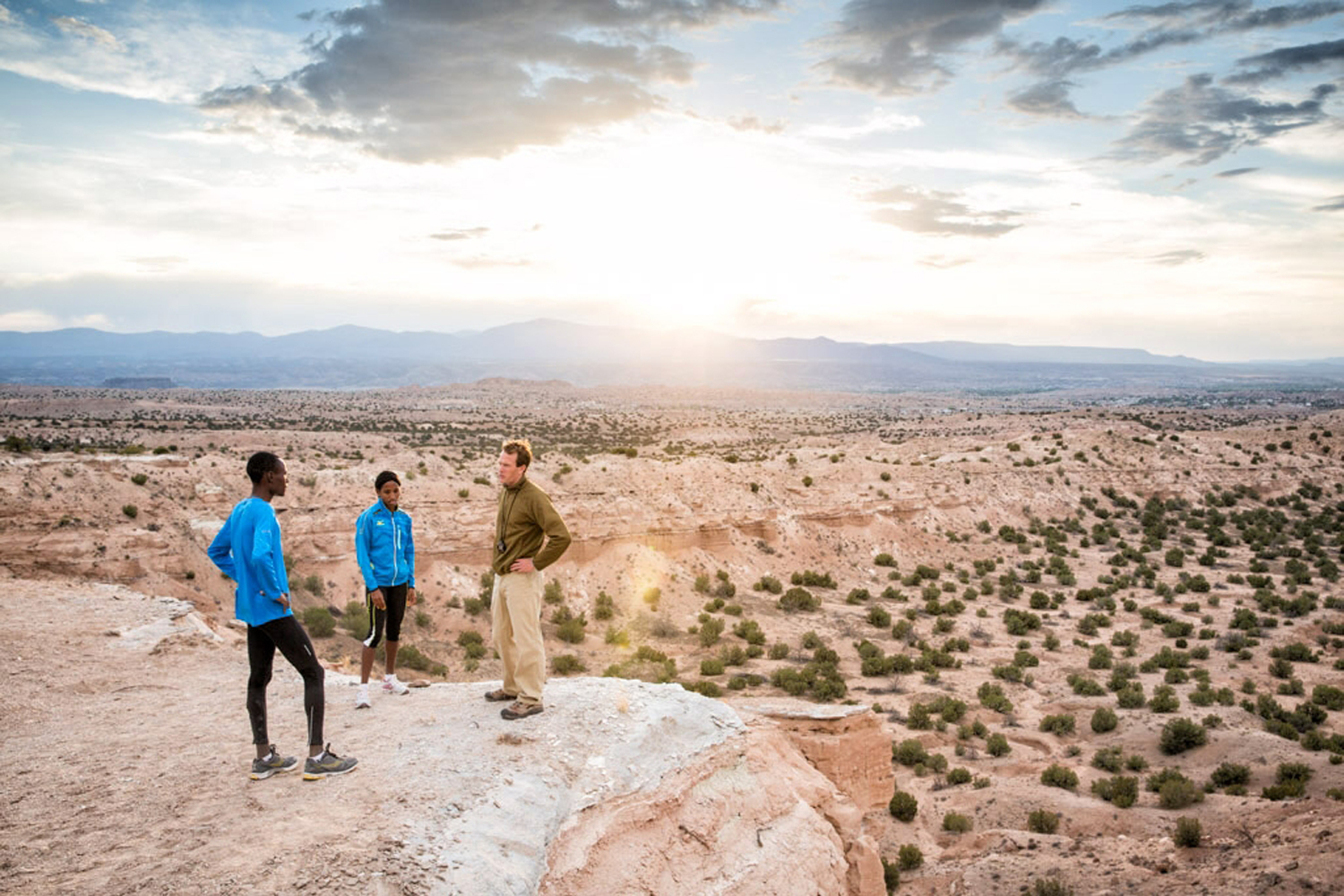
Everyone wins when an athlete feels supported. In Module 5 from The Craft of Coaching, Joe Friel and his hand-picked experts share how to best manage athletes and add service providers to extend your coaching capabilities.

Everyone wins when an athlete feels supported. In Module 5 from The Craft of Coaching, Joe Friel and his hand-picked experts share how to best manage athletes and add service providers to extend your coaching capabilities.